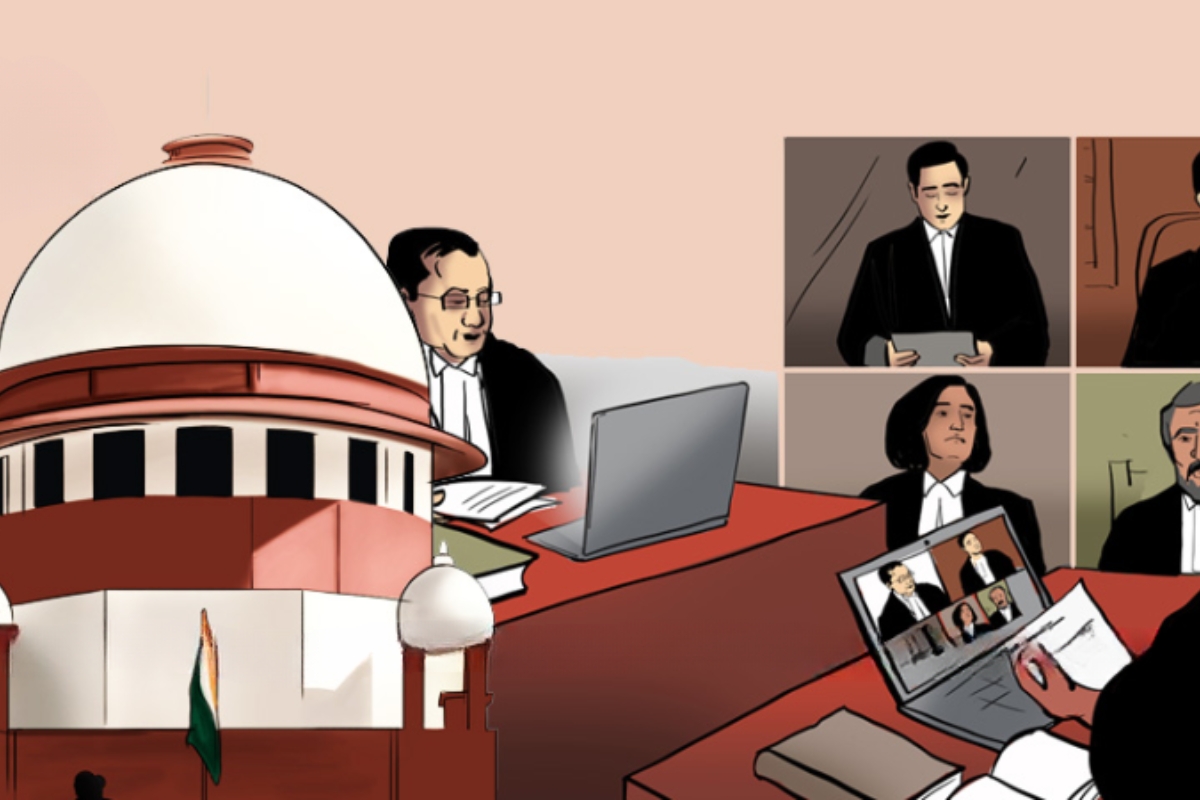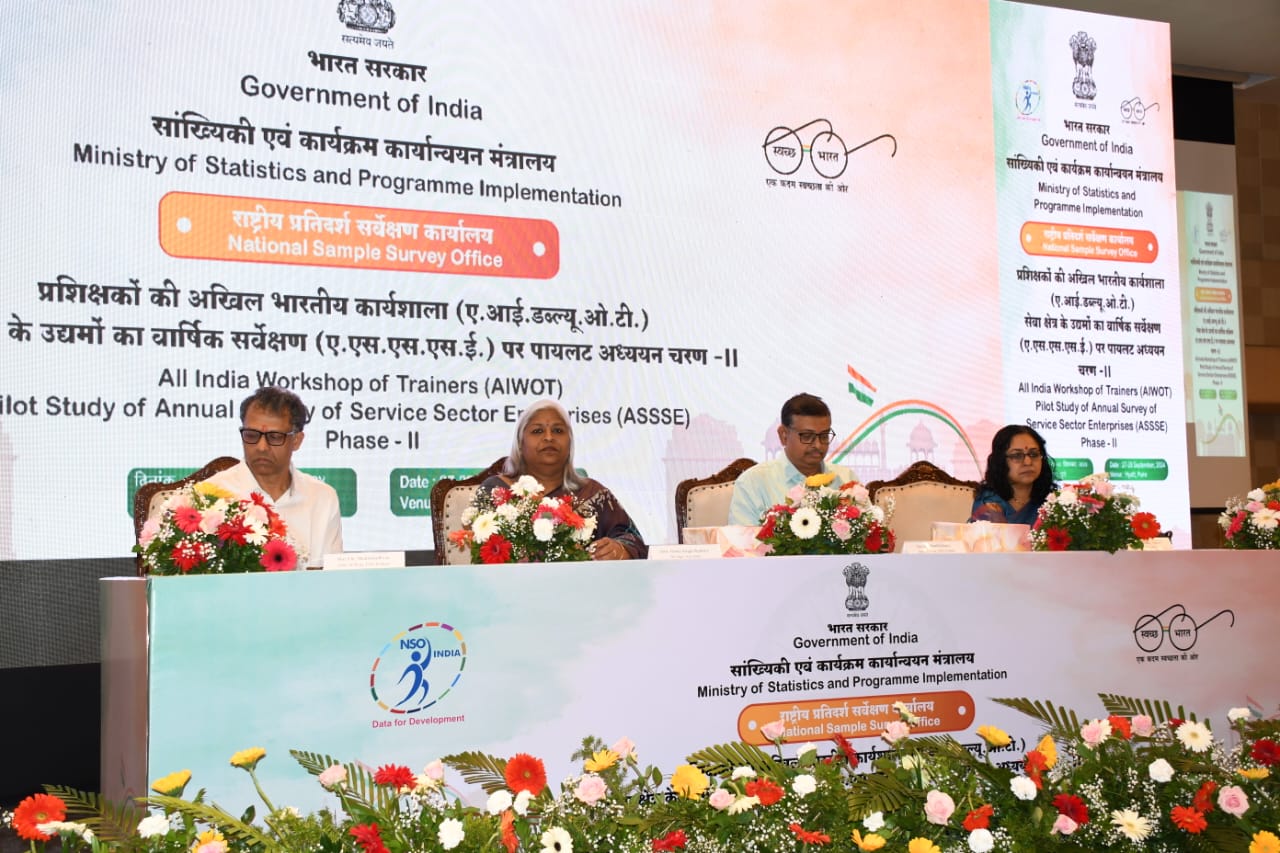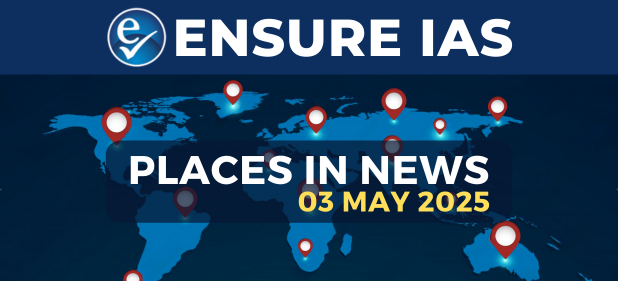- Courses
- GS Full Course 1 Year
- GS Full Course 2 Year
- GS Full Course 3 Year
- GS Full Course Till Selection
- CSAT
- 5 LAYERED ARJUNA Mentorship
- Public Administration Optional
- Online Program
- GS Recorded Course
- NCERT (Recorded 500+ Hours)
- Polity Recorded Course
- Geography Recorded Course
- Economy Recorded Course
- AMAC Recorded Course
- Modern India, Post Independence & World History
- Environment Recoded Course
- Governance Recoded Course
- Science & Tech. Recoded Course
- International Relations and Internal Security Recorded Course
- Disaster Management Module Course
- Ethics Recoded Course
- Essay Recoded Course
- Current Affairs Recoded Course
- ABOUT US
- OUR TOPPERS
- TEST SERIES
- FREE STUDY MATERIAL
- VIDEOS
- CONTACT US
MEDIATION ACT, 2023
MEDIATION ACT, 2023
30-09-2023
Latest Context
Both Houses of Parliament recently passed the Mediation Bill, 2023, which became the Mediation Act, 2023, after gaining the President of India's assent.
Key Features of the Act
- Pre-litigation Mediation:
- Before going to any court or specific tribunals, parties must attempt to resolve their civil or business problems through mediation.
- The court or tribunal may refer the parties to mediation at any time, even if pre-litigation mediation does not result in a settlement.
- Disputes are not Fit for Mediation:
- The Act contains a list of disputes which are not fit for mediation. These include disputes:
- relating to claims against minors or persons of unsound mind,
- involving criminal prosecution, and
- affecting the rights of third parties.
- The central government may amend this list.
- Applicability:
- The Act will apply to mediations conducted in India:
- involving only domestic parties,
- involving at least one foreign party and relating to a commercial dispute,
- if the mediation agreement states that mediation will be as per this Act.
- Mediation Process:
- The mediation process will be private and have a 180-day deadline (which the parties may agree to extend by 180 days).
- After two sessions, a party may leave the mediation.
- Community Mediation:
- To settle issues that could undermine the peace and harmony among local residents, community mediation may be tried.
- A panel of three mediators will oversee it.
Key Challenges and Concerns with the Act
- Mandating Pre-litigation Mediation:
- Whether or not there is a mediation agreement between the parties, pre-litigation mediation is required by the Act for both parties prior to initiating any lawsuit or court process.
- Access to justice, however, is a fundamental right guaranteed by Article 21 of the Constitution and cannot be curtailed or limited.
- Limited Relevant Experience of Mediators:
- The full-time members of the Council need not necessarily be professional mediators with a lot of expertise, but they must have knowledge or experience with ADR legislation and procedures.
- For instance, the Act would allow for the appointment of an arbitrator to the Council as a full-time member. It's possible that an arbitrator is not the right person to carry out tasks like establishing mediators' professional conduct guidelines.
- Requiring Central Government Approval before issuing Regulations:
- The Council will carry out its primary responsibilities in accordance with the Act by establishing regulations. Before issuing such regulations, it must get the federal government's consent.
- Therefore, if the Council's primary duties call on central government approval, its efficacy may be constrained. Similar organisations don't need authorisation in advance to publish regulations. for instance, the National Medical Commission and the Indian Bar Council.
Steps Ahead
- Phased Introduction of Mandatory Pre-litigation: introducing mandatory pre-litigation mediation gradually, initially for a limited range of conflicts and finally for all disputes.
- Reduce Time Frame: Reducing the duration of a mediation from 180 to 90 days was advised by the Parliamentary Standing Committee Report on Mediation Bill, 2021.
- Capacity Building:
- According to NITI Aayog, a framework for pre-litigation mediation that is required in India must be developed while taking into account the number of mediators who are now available and the ecosystem's capacity to produce a significant number of mediators.
- The Supreme Court of India's Mediation and Conciliation Project Committee has advised actions to establish model mediation norms, promote the training of mediators throughout the nation, and regulate the procedure throughout all districts.
- Scaling Accessibility:
- We must scale our broadband accessibility to rural areas of the country if online mediation is to be a success.
- This problem might be solved by establishing legal aid or access to justice clinics with sufficient IT resources.
- Use of Disruptive Technologies:
- Leading alternatives to traditional practises include international arbitration (IA) and artificial intelligence (AI). While AI replaces conventional performance methodologies, IA replaces conventional conflict resolution techniques.
- The arbitration process and its users may benefit greatly from artificial intelligence. AI-powered services could help lawyers with drafting, finding better authorities, examining papers, and other tasks by enhancing human cognitive capacities.
Conclusion
In India, mediation has a bright future if it can influence societal transformation in a way that law cannot. As a well-known judge correctly stated, "It is the spirit and not the form which keeps justice alive." The Act should therefore be applied more in letter than in spirit.



